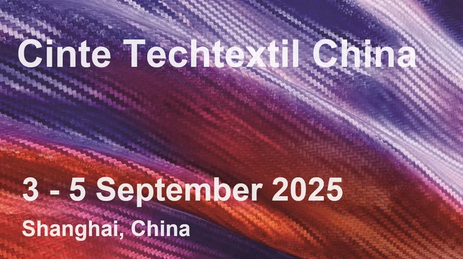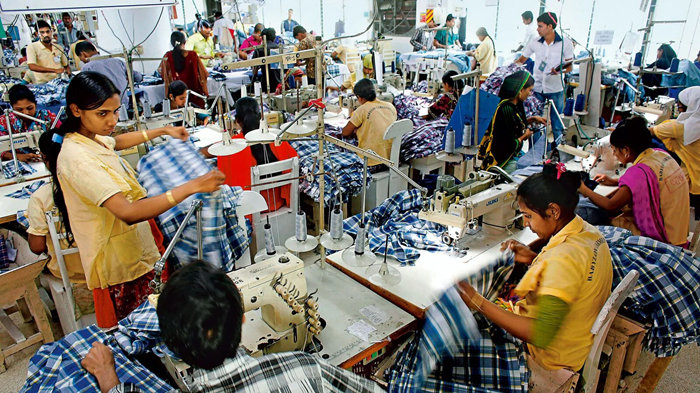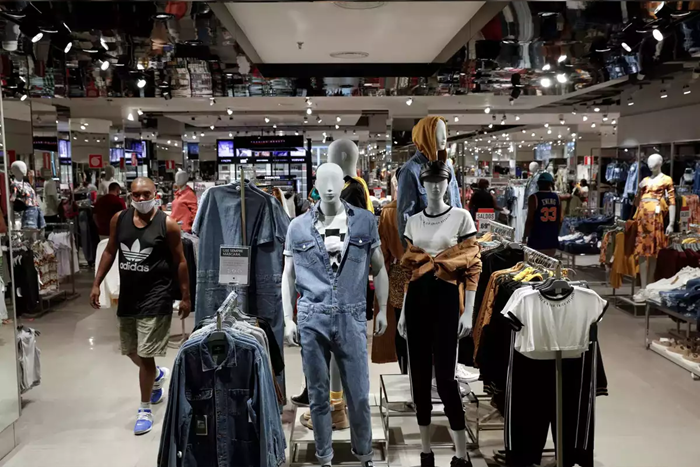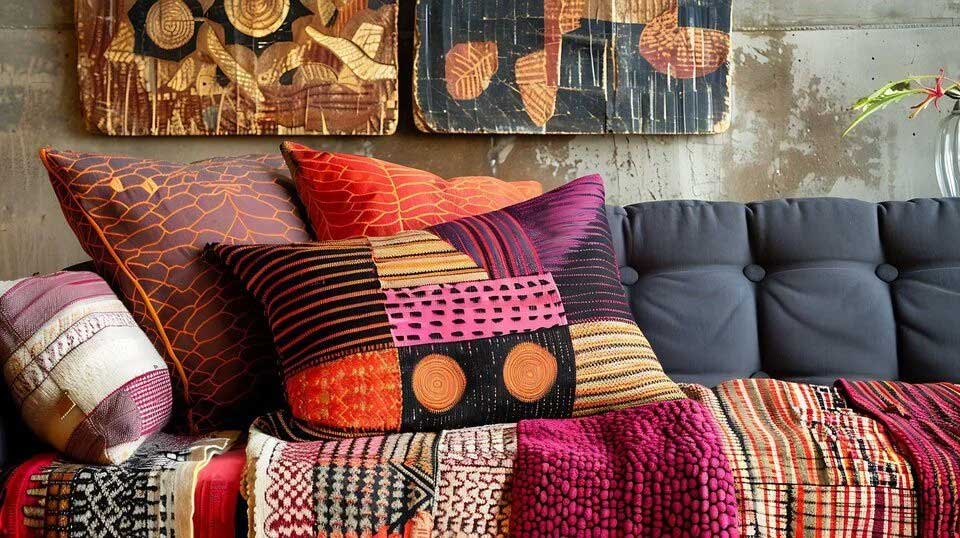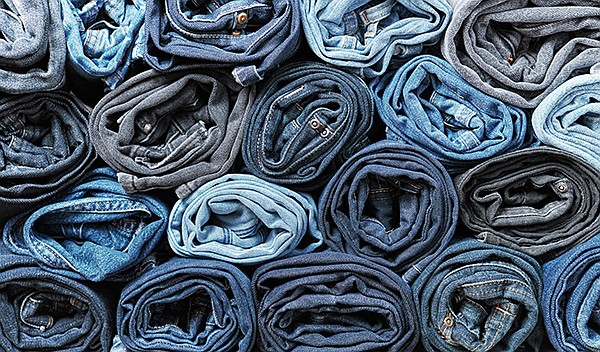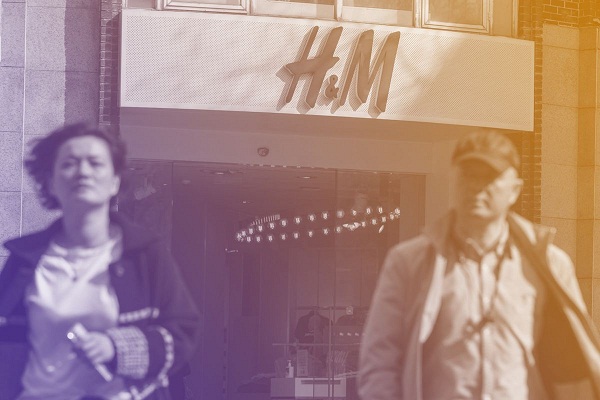
Many fashion companies in China that didn’t consider themselves vulnerable to political changes in the country, have ended up in trouble, says Andrew Gilholm, Analyst, Control Risks. The latest example is Swedish retail giant H&M facing government’s ire for banning cotton sourced from the Xianjiang region. The decision has resulted in retail being wiped off the country’s e-commerce sites, maps and social media platforms. As per a Bloomsberg report, the brand’s sales in the country declined almost 41 per cent in the most recent quarter.
Social media to the rescue
H&M’s sales in China have declining since 2019. The fast fashion giant isn’t particularly famous amongst Chinese authorities. Neither does it contribute significantly to the tax basket of the country nor sponsors any government-backed events. Hence, other companies looking to foray in China need to be careful as the country has turned inwards to avoid the global backlash. The Stockholm-based apparel giant has reduced focus on China but is still amongst its top 10 markets listed by country. It is the company’s biggest manufacturing hub, where more than a third of its suppliers are based.
Hence, the company’s China leaders have decided to regain the confidence of buyers, customers and business partners in the country. They are posting new messages on social media campaign. H&M’s visibility on Chinese social media had slumped since the Xinjiang controversy. The company’s decade-long efforts to nurture a social-media relationship with the nation’s consumers have also been obliterated. Data analysis by Bloomberg News shows at least 10,000 Weibo posts were published between 2011 and 2021 by H&M, compared to about 1,700 posts by Nike.
Personalized communication with buyers
H&M is now emphasizing on personalized communication with buyers especially in China. The brand has hired more employees to communicate directly with shoppers via private WeChat groups and shares information about new products and discounts on an official WeChat account, where most material is only visible to members. H&M’s first Weibo post after the Xinjiang incident trumpeted its donations to a flood-recovery effort in Henan province.
Plan more CSR Events
To return to normal operations, H&M now plans to win China’s approval to operate in the country. It also aims to increase the number of corporate social responsibility events it undertakes the country. The brand is currently holding weekly talks with Alibaba Group Holding about returning to Taobao’s Tmall platform. The retail sector in China is becoming more competitive with local brands such as Urban Revivo, boosting their portfolios. This may make it difficult for H&M to rival high-end names such as Coach, Kate Spade, etc to make a mark in the country. Yet, the brand cannot ignore the growth potential offered by China.

